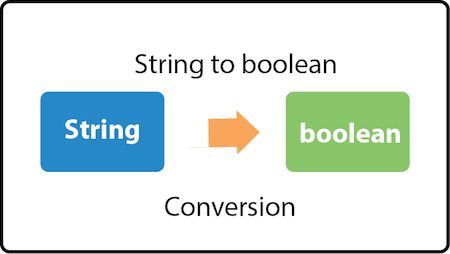

This is not exactly a direct conversion method and I personally prefer any of the above, but if for some reason you don't have access to them, you can use this alternative. bool success = bool.TryParse("True", out bool result) // success: Trueīool success = bool.TryParse("False", out bool result) // success: Trueīool success = bool.TryParse(null, out bool result) // success: Falseīool success = bool.TryParse("thisIsNotABoolean", out bool result) // success: False Also, the converted value now appears in an out bool result output parameter instead of being returned by the function. Similar to bool.Parse except that it doesn't throw any exceptions directly, instead it returns a boolean value indicating whether or not the conversion could be performed. (case insensitive)īool result = ("False") īool result = ("thisIsNotABoolean") īool.TryParse(string value, out bool result) Valid, also TRUE, FALSE, true, false, trUE, FAlse, etc. Note that both will throw a FormatException if the input string does not represent a boolean, whereas if the input string is null, bool.Parse will throw an ArgumentNullException while just returns false.

Boolean searching includes three key Boolean operators: AND, OR, and NOT. The term Boolean refers to a system of logic developed by the mathematician and early computer pioneer, George Boole. I will proceed to explain some of them below:īool.Parse(string value) or (string value)īoth methods are quite similar in that they both take a string as their input value and return the boolean representation of that string as their output value. OP, you can convert a string to type Boolean by using any of the methods stated below: string sample 'True' bool myBool bool.Parse (sample) // Or bool myBool Convert.ToBoolean (sample) bool.Parse expects one parameter which in this case is sample. A Boolean search is a query technique that utilizes Boolean Logic to connect individual keywords or phrases within a single query. C# offers several ways to convert a string value to a boolean value.


 0 kommentar(er)
0 kommentar(er)
